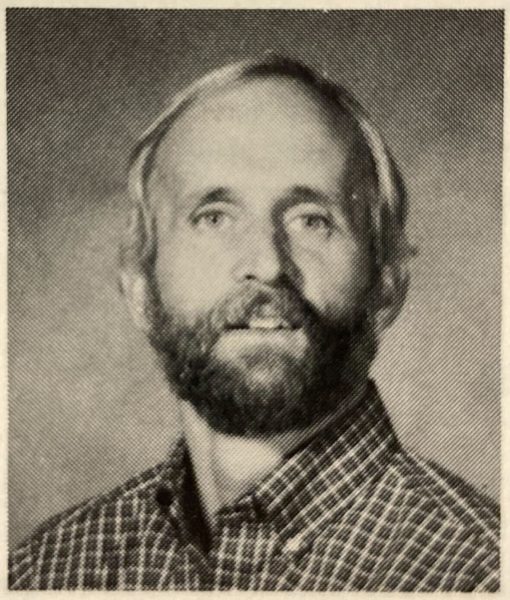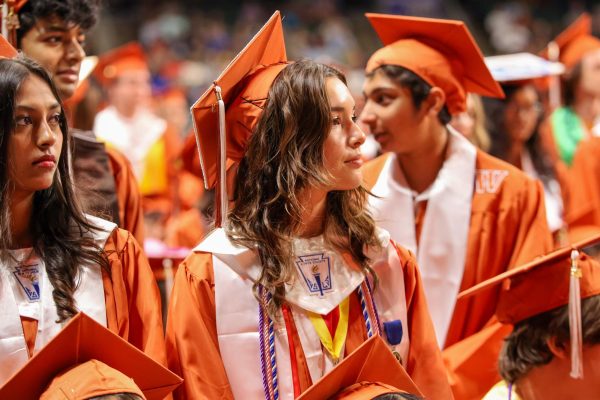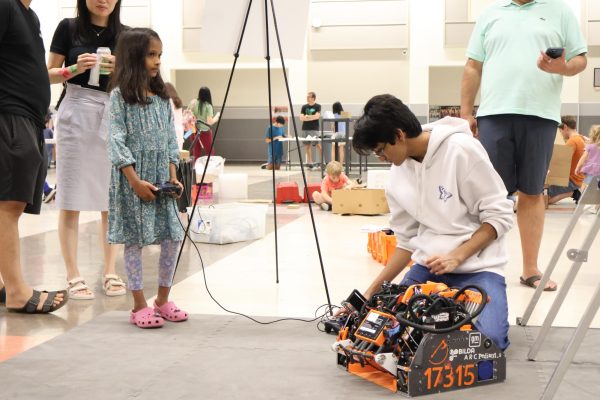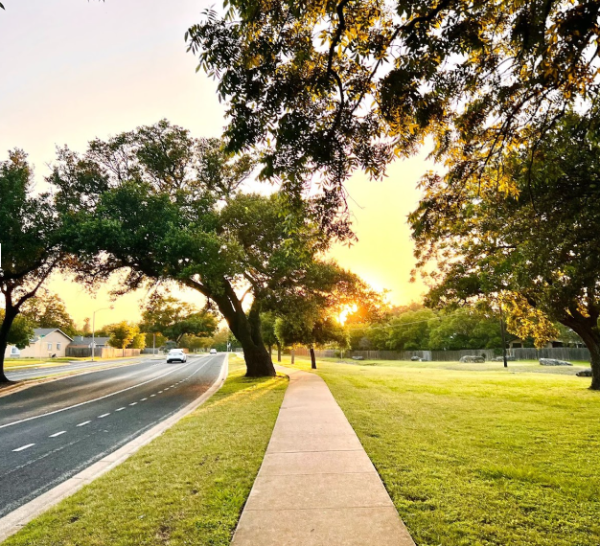Advanced Biology Teachers Implement Student-Driven Learning Cycle
The students in the Advanced Biology classes are doing something different this year: learning in a student-driven environment. Materials required for the class are posted on the education platform Schoology, where students are expected to engage with content and review at their own pace. In fact, they even have the flexibility to study content wherever they choose, whether it be in class, at home or both. After watching said videos, they complete assignments to demonstrate their learning and understanding.
“We take level one quizzes that ask us about what we just learned, and then in each model, there is a small activity we do and that gets checked off by the teacher,” Niyati Naveennair ‘25 said. “Then as we move up modules at the end there is a diagnostic that’s like a test but it’s not a major grade.”
The teachers release a self-pacing guideline at the start of every unit that gives estimated due dates so that students can structure their learning schedules accordingly. Questions have arisen to critique the new system like, what happens if a student falls behind? However, the teachers have already taken these possibilities into consideration and decided on having no penalty for students being late on this schedule.
“If [anyone] fall[s] behind they can catch up however far they need [or] want to. If you want to be very ahead you can finish a whole unit over the weekend and spend time studying for the diagnostic in class,” Naveennair said.
The teachers dedicate in-person class time to host one-on-one or small group sessions for students who have questions regarding similar topics. They also give “mini-lectures” from time to time, assisting students to reach their full potential in the class and enjoy learning the content-heavy subject.
“We sent out a questionnaire around halfway through the semester to get student feedback. This structure seems to be working for most students. The lack of late grades and freedom to learn at their own pace in their way seems to be well-liked. The mini-lecture has been a popular feature for many, so I am doing those more frequently,” Advanced Biology teacher Ms. Avni Kantawala said.
Reflections from students are leaning towards the positive side; other than the freedom of learning at a self-pace, the system has also ignited a desire for genuine desire in students to gain a deeper understanding of biology. Appreciated by many, this new method of learning has worked well for a majority of the students until now, but teachers need more time to decide if this new learning method is one here to stay.
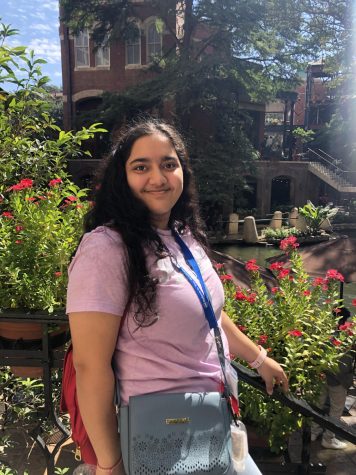
Class of 2023
Other than spending time in our beautiful press room, you can catch me geeking out about mockumentaries/medical dramas, reading, or laughing...


![Westwood students experienced the impacts of class cuts resulting from Round Rock ISD (RRISD)s budget deficit. The recently approved general fund budget could have played a role in returning some of the cut classes. We all hope that [the general fund budget] will bring additional funding and cost savings, potentially help with course and extracurricular operations, and provide deserving teachers with an increase in salary as well as provide better education opportunities for students, Marlene Luo 25 said.](https://westwoodhorizon.com/wp-content/uploads/2024/07/ww-pic-600x479.jpg)
